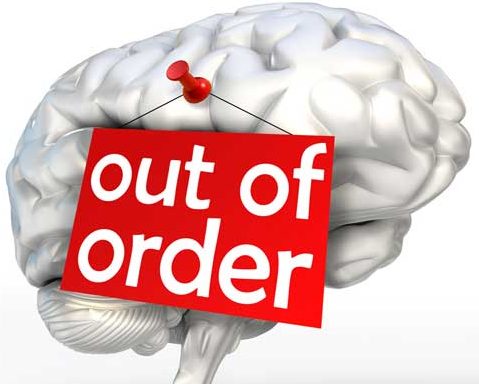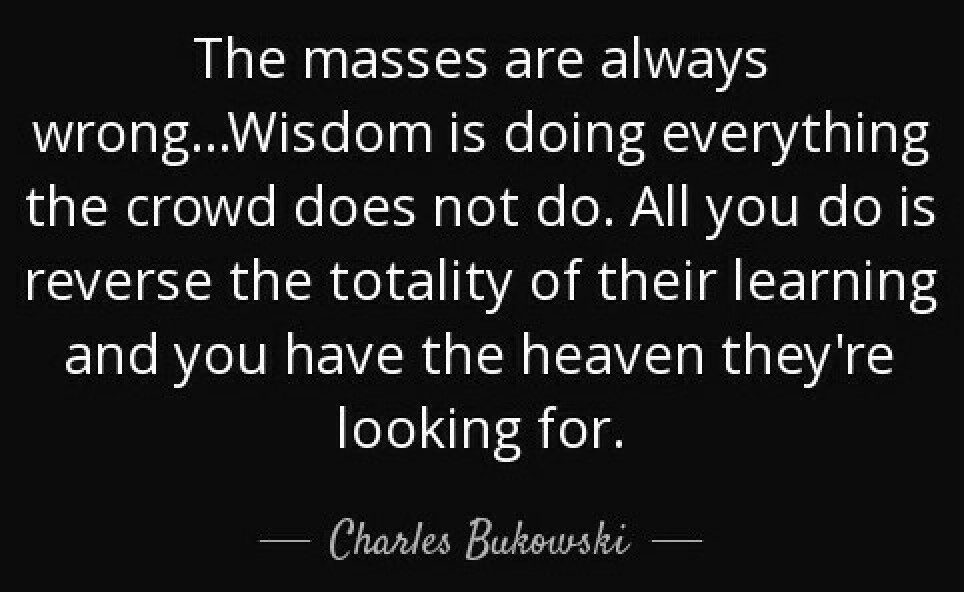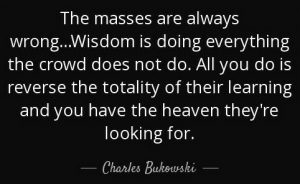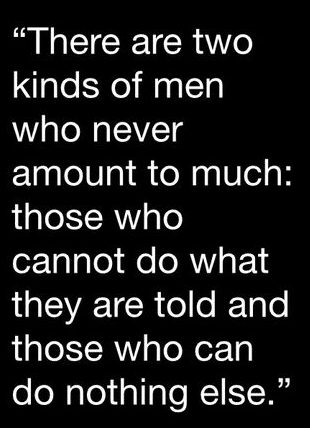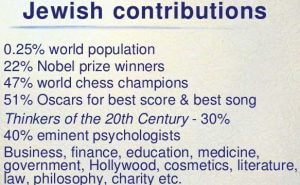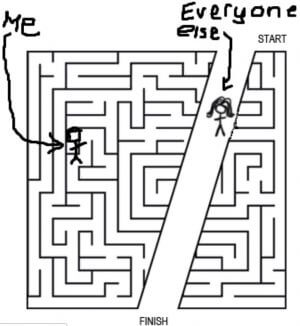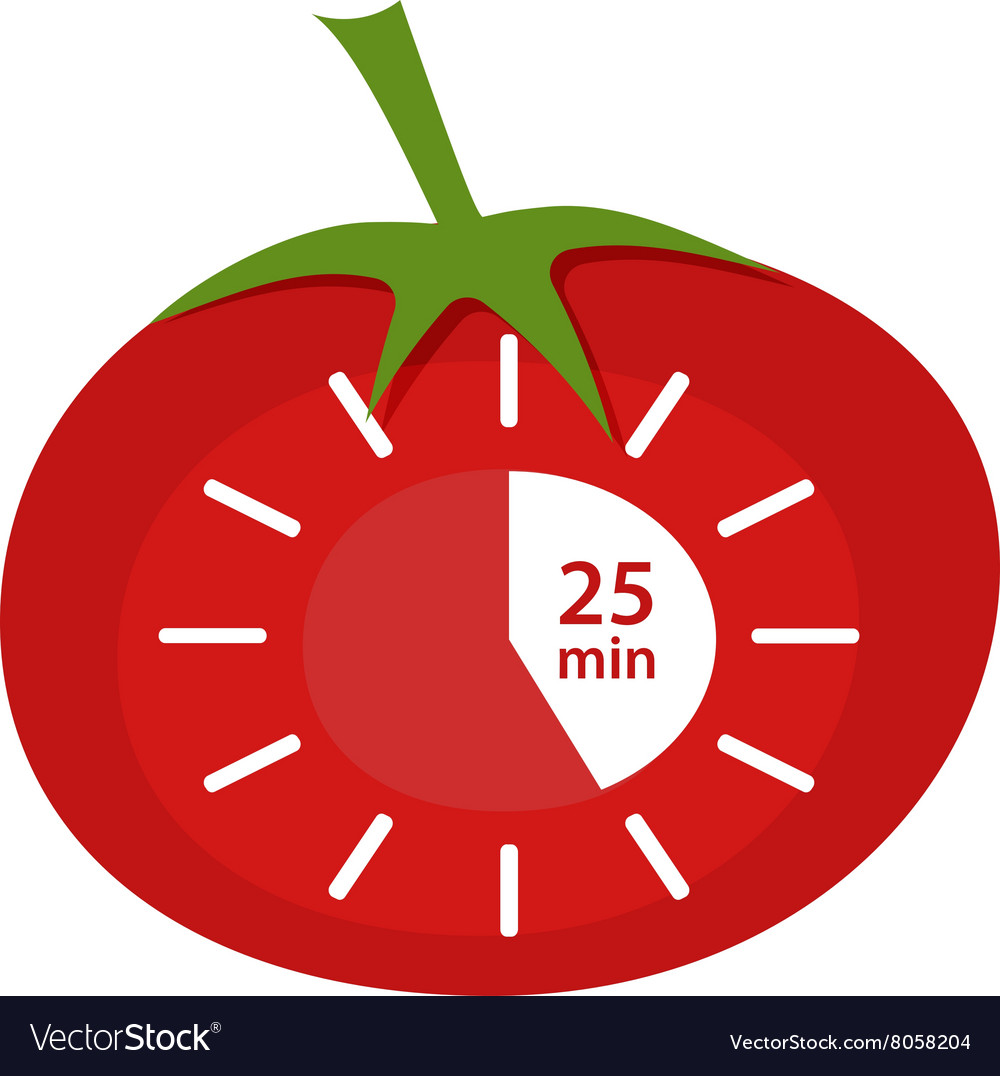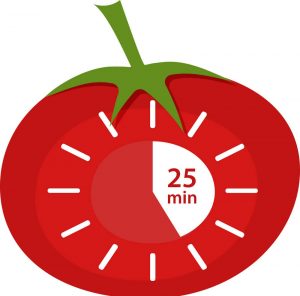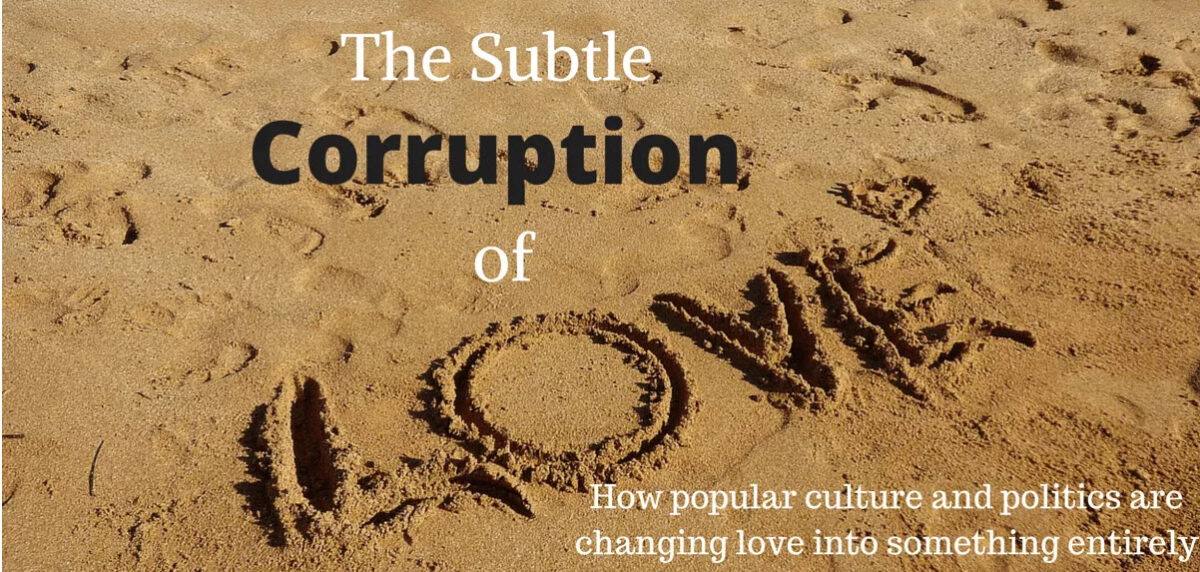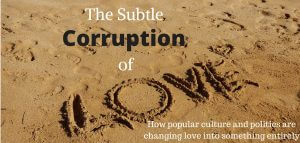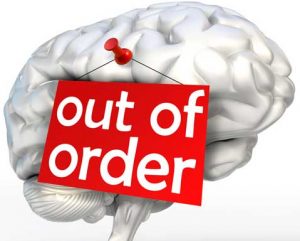 If you have brain fog, you can only take advantage of a tiny part of your innate intelligence: your brain is in survival mode.
If you have brain fog, you can only take advantage of a tiny part of your innate intelligence: your brain is in survival mode.
Brain fog is real. Your brain isn’t firing, your brain isn’t working properly… it is half dead from… From what? And how can you change that? This is what this article is about.
I published this article before I realized that my own brain is misbehaving… that it was operating at a 10% capacity… and my IQ was way way way below what it could be.
I have used my own energy audio to fix it, and now it operates at 60%… Still not at full capacity… but the people I have tested, I have not found anyone with better than 10%… so my 60% is spectacular.
What did I actually do? I used my energy audio to keep my brain to stay connected to Consciousness and start repairing the damage that it ignored for too long. I also change my diet, temporarily, to an almost vegetarian diet: I eat fish and an occasional egg… as far as animal products go.
If you want to read about the energy audio… here is a link to all the articles that talk about my miraculous recovery… my brain, my heart, and my energy level… all due 60% to the energy audio, and 40% to the eating changes.
And you can buy it for yourself… if you feel adventurous.
Sometimes it is temporary: you didn’t sleep well, you didn’t have your morning coffee, you had too much coffee… you are tired.
But mostly it is a symptom… and a big issue.
Why I started to be interested in brain fog?
I planned to have 10 calls to help this dude replace his income and work from home.
I was quizzing him. He has been talking to me, at least once a week for 11 years… the results of the conversation were very eye opening: He was never really interested enough to learn from me. 11 years, more than a 100 hours… street value: $20 K.
I have gifted him courses, activators, I have gifted him with my famous health consultation… Result: he never used any of it, and of course he never benefited from what he didn’t do. He eats, thinks, lives exactly as he did 11 years ago.
Still has no idea much of anything. But why?
On one hand, he is not curious. On the other hand: if you have brain fog, you can only take advantage of a tiny part of your innate intelligence: you are in survival. Continue reading “Brain Fog plagues billions of people… you too?”
 Read Part 1, Part 2 before you read this article…
Read Part 1, Part 2 before you read this article…


